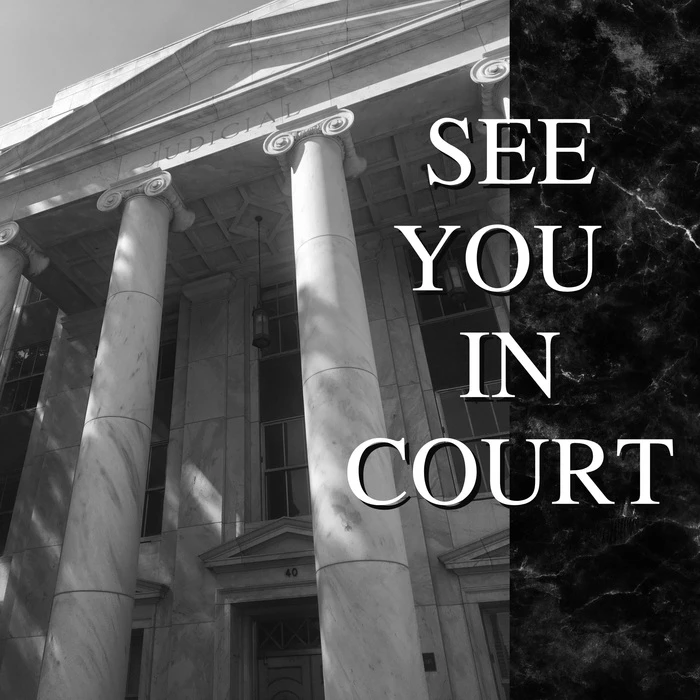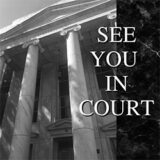Jury Selection for Georgia Trials
Jury selection, known as voir dire, is a critical part of any trial in Georgia. Attorneys have the opportunity to question potential jurors to determine if they may have any biases that could impact their ability to be fair and impartial. Based on the voir dire process, attorneys can request to strike certain jurors for cause if they demonstrate an inability to be impartial. Attorneys also have a limited number of peremptory strikes they can use to remove additional jurors without needing to provide a reason. Let’s take a look at the process for jury selection in Georgia.
Voir Dire Questioning Process
In Georgia, attorneys are permitted to directly question potential jurors during voir dire. This allows the attorneys to assess the jurors’ backgrounds, attitudes, and potential biases. Questions may cover topics such as the jurors’ familiarity with the case details, connections to the parties involved, prior jury service, opinions on relevant laws, and any life experiences that may influence their viewpoint. Attorneys observe not only the verbal answers but also the non-verbal cues of potential jurors to identify individuals who may not be appropriate for the case.
Strikes for Cause vs. Peremptory Strikes
Based on the voir dire questioning, attorneys can request to strike jurors for cause if they demonstrate an inability to be fair and impartial. For example, if a juror expresses strong bias against one side, or states they do not believe they could follow certain laws, that would be grounds to strike for cause. Each side has an unlimited number of strikes for cause.
Peremptory strikes are limited – typically attorneys might have 3 to 5 depending on the case. These allow attorneys to strike additional jurors without needing to provide a reason. Peremptory strikes are often used strategically on jurors that attorneys feel would be unfavorable for their case, even if not rising to the level of a strike for cause.
Strategies for Jury Selection
Experienced trial attorneys develop methodologies and strategies for optimal use of voir dire questioning and jury strikes. Some common approaches include:
- Asking open-ended questions allowing jurors to reveal biases.
- Identifying juror personality types likely to favor their case theory.
- Building rapport with the jury pool early in the process.
- Taking note of non-verbal cues like facial expressions and body language.
- Prioritizing strikes for jurors that are the highest risk to their case.
- Being cautious not to alienate or anger jurors you may end up seating.
Why Voir Dire Matters
Voir dire sets the stage for the trial. Attorneys want to seat a jury that will be receptive to their arguments and case theory. An unreceptive jury can undermine even the strongest evidence and legal arguments. That’s why jury selection merits significant time and strategic focus. Mastering voir dire questioning and strike utilization takes experience but can pay huge dividends at trial.
Check Out Our Civil Justice Podcast Series to Learn More About Jury Selection in Georgia
Jury selection is a nuanced process that varies across jurisdictions. For more details on voir dire strategy and striking jurors in Georgia, visit our website and don’t forget to subscribe to our See You in Court podcast YouTube channel.






